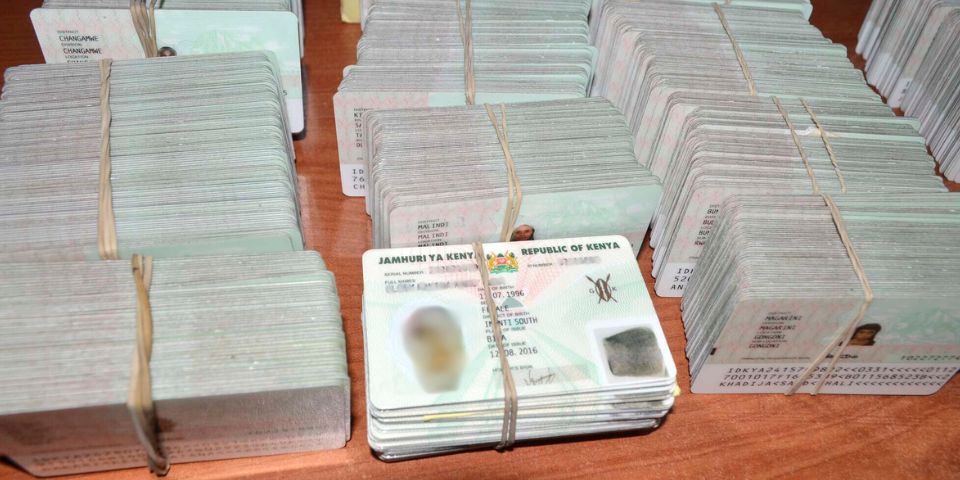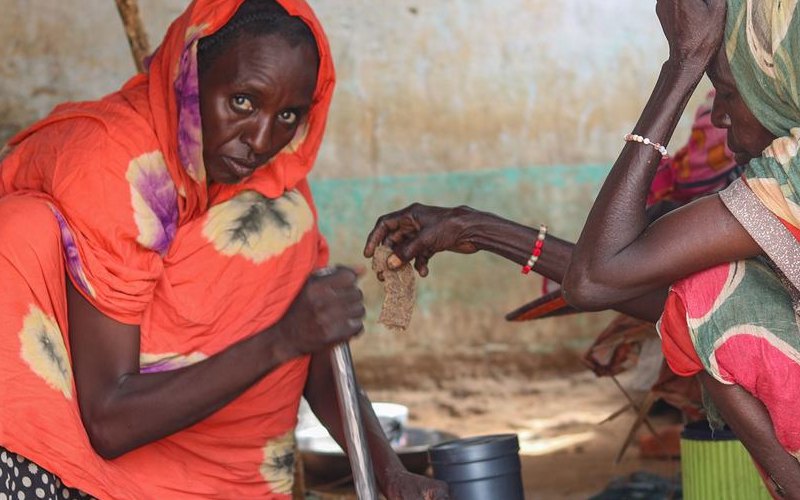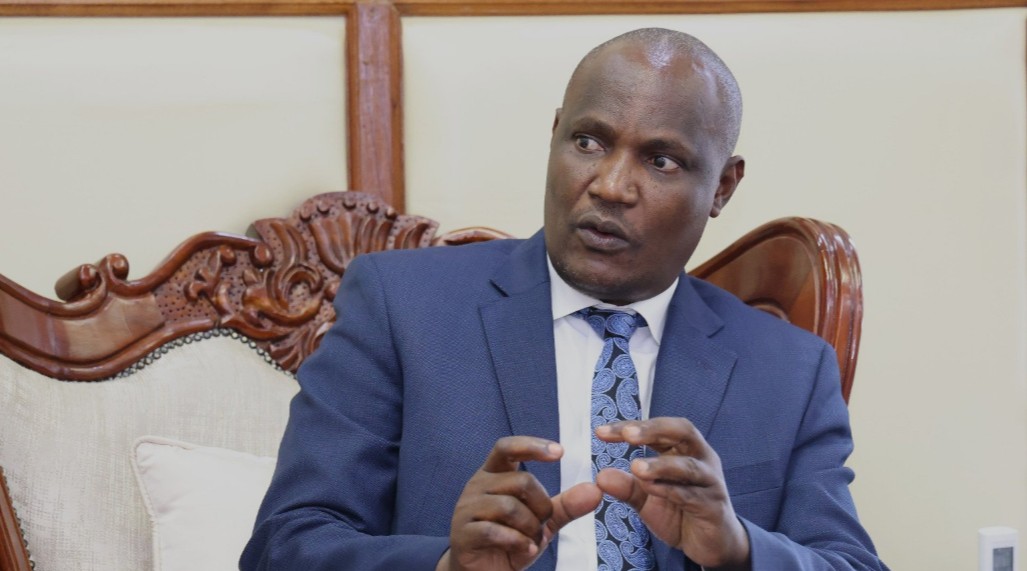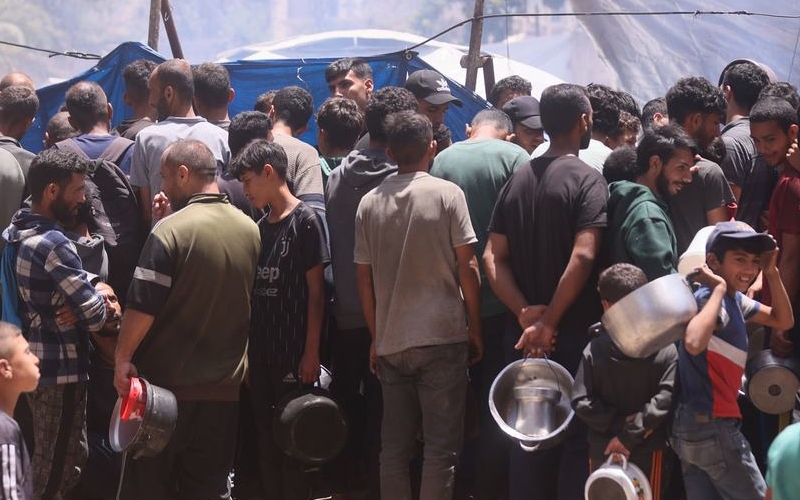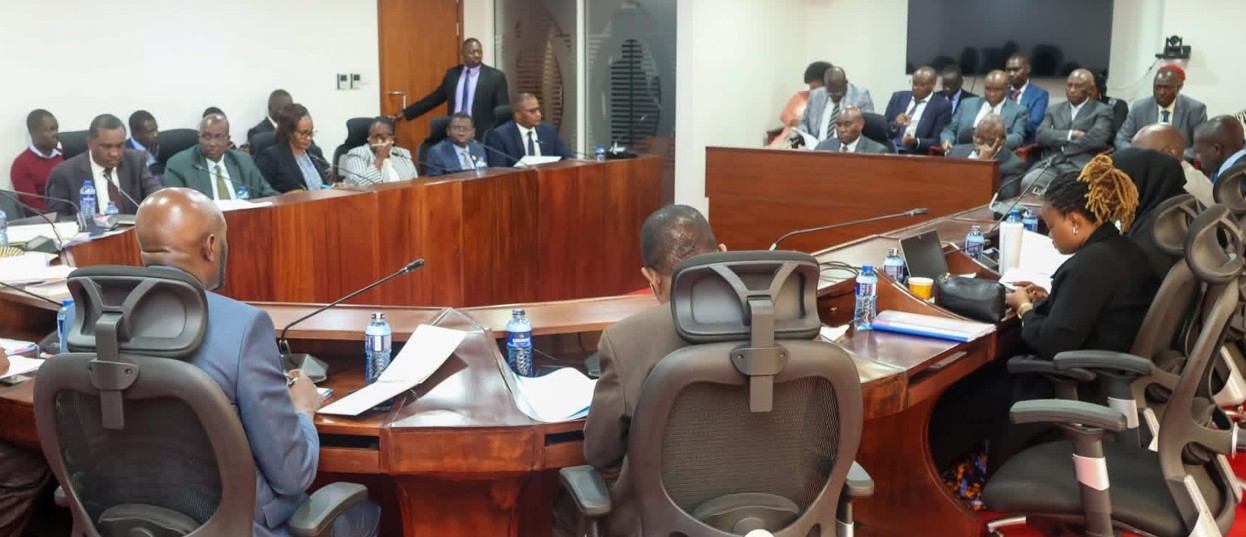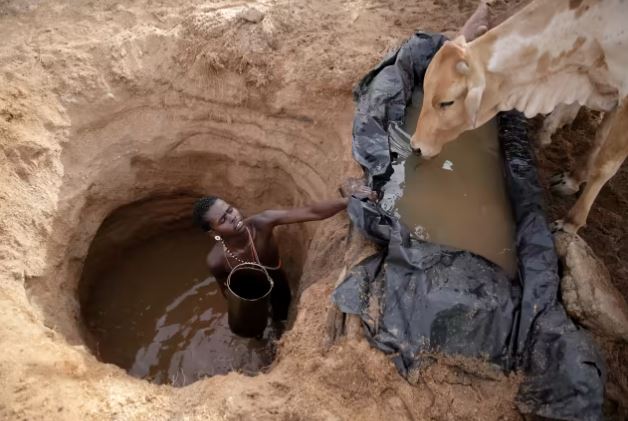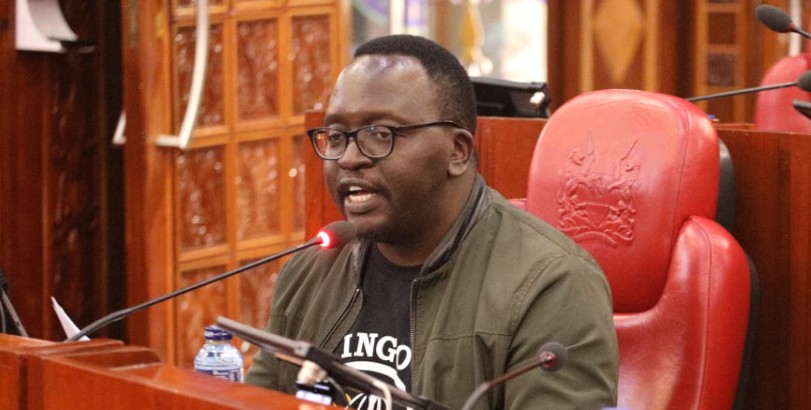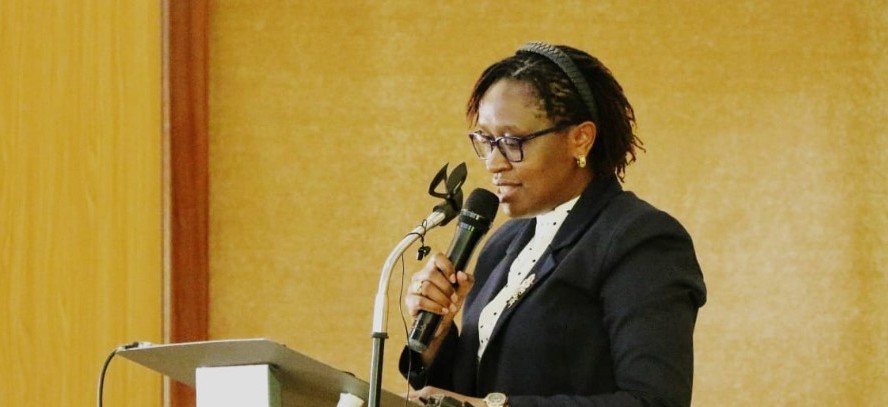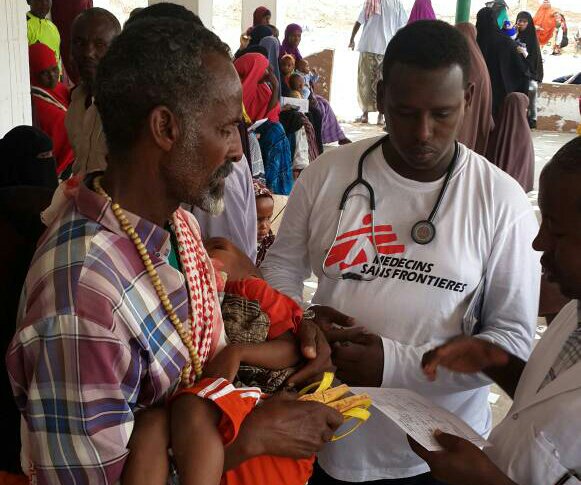71,000 drought-related “excess” deaths may have occurred in Somalia between 2022 and 2024

The drought affected 7.9 million people—nearly half the population of the country—and brought the country to the brink of famine.
An alarming report by the Federal Ministry of Health in Somalia, UNICEF and the World Health Organisation (WHO) now estimates that 71,100 people may have died between January 2022 and June 2024 as a result of the drought that ravaged large parts of Somalia in 2022.
The report, dubbed From Insight to Action: An Update on Mortality Patterns in Somalia, further notes that about 40 per cent of these deaths were estimated among children under the age of five.
More To Read
- Ethiopia launches mass cholera vaccination in Gambella amid rising death toll
- Nearly 700 dead as South Sudan battles worst cholera outbreak since independence
- Contaminated water crisis fuels deadly cholera outbreak in Sudan as cases surpass 1,400
- Cholera outbreak claims 145 lives in Somalia amid ongoing health crisis
- OCHA allocates Sh266 million for urgent cholera response in Somalia
- UN warns of impending flood threat to 770,000 in Somalia
The drought affected 7.9 million people—nearly half the population of the country—and brought the country to the brink of famine.
According to the study, most excess deaths occurred in the south-central regions of Somalia, including Banadir, Bay, and Lower Shabelle. Notably, despite high levels of food insecurity, the northeastern regions experienced relatively low levels of mortality.
With the concerted efforts of the government of Somalia and its humanitarian partners, famine was, however, narrowly averted, but the country was left counting the residual toll on human lives.
"For my ministry, our focus is on creating a strong and robust health system as the cornerstone of a healthy and thriving Somali society. At the heart of this approach is delivering health and nutrition services in an integrated manner, at the lowest unit of the health delivery chain, and in a way that prioritises vulnerable children and women," said the health minister, Ali Hadji Adam Abubakar, during the report's launch in Mogadishu.
The study was commissioned by UNICEF and WHO and carried out by the London School of Hygiene and Tropical Medicine, Imperial College London, and Somalia's SIMAD University as an update on the first report published in March 2023 that had estimated 43,000 excess deaths were attributable to the 2022 drought.
"The findings of this study highlight the profound impact that the 2022–2024 drought has had on the lives of the Somali people. With over 70, 000 deaths, the majority of which were children, this is a stark reminder of the urgent need for continued support and resilience-building efforts in Somalia," WHO Representative in Somalia, Dr. Renee van De Weerdt Renhilde, said.
Health emergency prevention
She added that the findings underline the critical importance of strengthening Somalia's health emergency prevention, preparedness, readiness and resilience system to effectively respond to emergencies and provide sustained care for people in need.
"WHO continues to collaborate with the Somali government and partners to ensure that communities are not only protected during crises but also empowered to withstand and recover from future shocks," she assured.
The study provides a retrospective analysis of the impact of the drought on population mortality across Somalia, serving as a reminder of the devastating impact of climate change on vulnerable families in the country.
Meanwhile, the country is still struggling with recurrent shocks from climatic events such as droughts and floods, as well as conflict, insecurity, and disease outbreaks that continue to exacerbate humanitarian needs.
Experts predict that extreme acute food insecurity remains widespread, with 4.4 million people predicted to experience crisis levels of hunger and 1.6 million children expected to be acutely malnourished this year, placing them at higher risk of death and permanent developmental delay.
"As resources to respond to humanitarian needs have become more limited, the government and its partners must continue to explore innovative investments to expand the reach of integrated life-saving services, including health, nutrition, water and sanitation. Given the recurring nature of climate-induced crises, we must also scale up investments in community resilience to future shocks, anticipatory action and prevention of disease outbreaks," UNICEF representative Wafaa Saeed said at the event that was also attended by Mr. George Conway, the Deputy Special Representative of the United Nations Secretary-General and Humanitarian Coordinator.
Top Stories Today

